Jayne Baird, Vice President Africa, Europe and Americas, Woodside Energy discusses the energy options available to Africa as we enter the age of energy transition
The African continent has prolific oil and gas reserves. According to IHS, over 600 billion barrels of oil in place and 1,500 trillion cubic feet of gas in place has been discovered to date. The potential for further discoveries is high, as many basins are still considered frontier or underexplored. Against this resource-rich backdrop, many governments across Africa are facing the challenges of developing their industries, creating jobs, and supplying energy to their people. The global political and commercial climate continues to challenge both our industry and the host governments looking to develop their natural resources and attract international investment. This includes the World Bank’s announcement that it would no longer fund upstream oil and gas projects from 2019, and the global movement towards the United Nations Sustainable Development Goals (SDGs), including ‘Climate Action’ (SDG13) and significantly, ‘Affordable and Clean Energy’ (SDG7).
Despite widespread global progress, electrification efforts are not keeping up with population growth in sub-Saharan Africa, and those without electricity will become increasingly concentrated in that region within the next few decades. It is also proving difficult to attract new businesses and large-scale industry if energy reliability and affordability is lacking, which is often the case with microgrid technology sources from renewable sources that are emerging across the continent.
These are hurdles for our industry to overcome, but the future is still bright. And, more specifically, Africa will need to rise to the challenge of transforming its energy sector to drive development and respond to the altered conditions. This inevitable evolution has unprecedented potential to create new pathways to energy supply through disruptive thinking and innovation. We may need to move away from traditional models of the oil and gas value chain, towards one that embraces a cleaner energy solution to address this.
There is also an opportunity for Africa to bypass conventional energy types and traditional national grid-based electrification (for example, the world’s historical dependence on coal), and leapfrog into greener energy and innovative energy security solutions, leveraging off the world’s experiences with energy generation and provision. And while we will see a shift in the future energy mix that incorporates renewables to a greater degree, the value that natural gas, and more specifically, LNG, provides in supplement of renewables cannot be underestimated. Natural gas is greenhouse-friendly, affordable, and a sustainable energy source in its own right. It can provide the security that renewables cannot currently guarantee, and it is right here on Africa’s doorstep - some of the largest discoveries across the continent in recent years being gas. And although oil is more greenhouse intensive than natural gas, many sectors that utilise oil are less susceptible to being replaced with zero carbon alternatives. African governments will want to exploit this resource for development, so there is still future investment potential for oil. Moving forward, Africa can, and will need to, employ various energy sources to drive development, transforming the way it uses, supplies and generates energy. There is no perfect energy source that exists right now that can meet the environmental and social needs of the continent. And of course, there is no one-size-fits all approach to energy provision either. Each nation has its own needs and aspirations that influences its transition to the future energy mix and the wider transformation of the Africa energy sector.
As an industry we should not be afraid of renewables, and we need to embrace technological innovation and historical trajectory disruptions. The transformation is exciting, and Woodside is looking forward to continuing to be a part of the journey, as Australia’s largest independent oil and gas company with an active interest in Africa. We are currently progressing research and development into alternative energy sources like hydrogen and renewables, which will no doubt have a part to play in Africa’s development.
One thing that is important to remember as we enter a new world of energy, is that there’s room in the future energy mix for all of us.






_weblogo_2.png?ext=.png)
















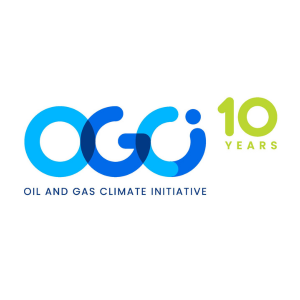


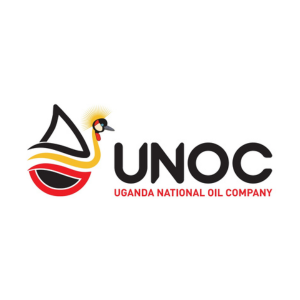
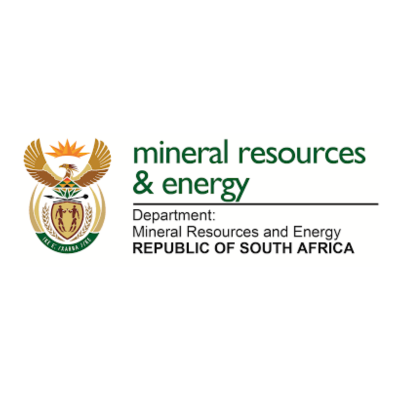
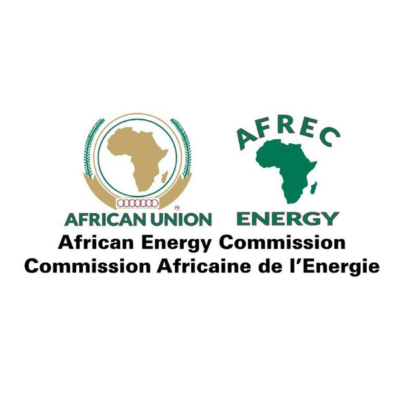

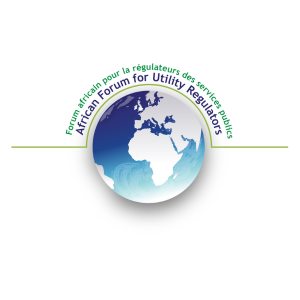









.jpg?ext=.jpg)
